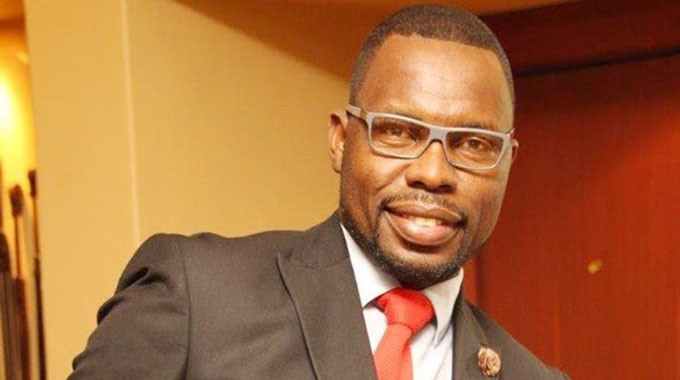Editorial Comment: Reform process will bear long-term gains

President Mnangagwa has made it clear that his administration will be characterised by reform of all facets of society to achieve a prosperous Zimbabwe.
He reiterated this stance in a live interview with Harare-based Capitalk 100.4FM on Friday.
The President said in part: “Now, as your President, I have a new mission, no less important. To reform Zimbabwe so that we build a country in which all have the opportunity to prosper. I will fight for this goal with all my heart and all my soul, whatever it takes.
“The process is tough, but I promise you it is worth it. We will reform Zimbabwe together. We will fulfil our potential. We will build our new Zimbabwe for all.”
The emphasis on reform by President Mnangagwa is well thought-out and in sync with everyone’s ambition to realise a Zimbabwe flourishing with opportunities. Reform is necessary if the country is to move out of the problems that retarded its growth in the last decades, as many of the institutions had been made ineffective due to various reasons, some relating to mismanagement.
We have already seen some vast changes taking place in both the political and economic sectors since President Mnangagwa took over.
What also drives this reform process is the political commitment as demonstrated by President Mnangagwa’s administration and the general consensus among the populace that such reform is necessary. Without political will, the reform process is likely to fail, and it is thus imperative that all political and administrative actors play their part in enhancing the success. We note that one of the reasons why President Mnangagwa has come up with the concept of devolution is to ensure that everyone gets an opportunity to get involved in reforming the economy, from the grassroots up to the top.
The reforms being pursued by the President are expected to ensure the country meets the changing demands of the global economy and competes with other world players in many areas. Reform comes as a powerful tool for the country to end isolation by some sections of the world, boost economic growth, create jobs and bring about a strong economic recovery.
And we have already seen institutions such as the European Union beginning to warm up to this reform process by holding dialogue with Zimbabwe, as witnessed two weeks ago. Relations between Zimbabwe and the EU have been frosty for almost two decades, and it is the reform process that is being done by President Mnangagwa that has persuaded them to return.
If the reform is done strictly according to plan, as we have already witnessed, there will be more confidence in the country by prospective development partners such as the EU.
Another major benefit of such reform is that Zimbabwe will once again take its place among other nations as a developing country with a potential to scale dizzy heights within a short period.
We are quite aware that such a reform process is fraught with some obstacles and challenges, but what is important is to avoid a worst-case scenario, and we note that in that regard Government is on the right track. The temporary problems being witnessed mainly through the increase in prices by unscrupulous businesspeople is expected to vanish soon, as the reforms bear fruits.
In fact, Finance and Economic Development Minister Mthuli Ncube has already announced that the businesspeople will be left with no choice but to reduce the prices because the market forces will not allow them to continue increasing prices.
What is important about the reforms embarked on by President Mnangagwa’s Government is that they have a clear and well-defined objective. The objective, as constantly outlined, is to achieve Vision 2030, which entails the country becoming an upper middle income society.
Since he took over at the end of 2017, President Mnangagwa’s actions, policy statements and words have been framed with the reform process in mind.
The Transitional Stabilisation Programme (TSP) (October 2018 to December 2020), is one of the tools that is spearheading this reform process.
The TSP provides a wholesome reform thrust that is expected to stimulate all sectors of the economy.
We are already seeing and enjoying some of the results of this reform process, within this short period since they started being implemented.
For the first time in many years, Government is having a budget surplus, a result of the fiscal discipline introduced under the reform process. President Mnangagwa has already announced that the country needs to introduce a new currency this year, which is a major part of the reform process he has embarked on.
The whole gamut of the reform process will obviously result in the achievement of long-term objectives such as sustained economic growth and employment. Investor friendly policies being instituted as part of the reform process will result in new and old industries being opened, creating more jobs and more goods for the export market.









Comments